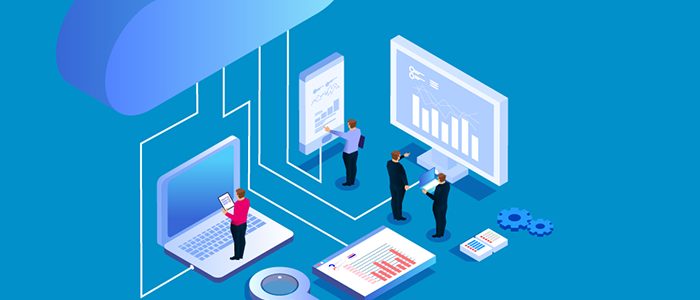Another day, another cyber-attack! In early April, Omni Hotels & Resorts was the victim of a cyber-attack that brought down the entire IT system and led to a company-wide outage. The organization took immediate action and brought the entire network offline to isolate the issue, protect its data and prevent further damage from occurring. Unfortunately, this process heavily impacted the hotel’s operations and day-to-day functions, such as managing reservations, unlocking hotel room doors manually and using point-of-sale (POS) systems in restaurants and shops within the hotel. Some estimates expect this attack to cost the Omni over a million dollars. While unconfirmed by the hotel, several sources speculate that the type of cyber-attack was a ransomware attack similar to what happened to MGM in Las Vegas several months ago.
I was at an Omni Hotel for a conference in Nashville when this was going on. If I wanted to park I had to have exact change CASH or port somewhere else. If I wanted to eat there they said the card would be held and charged “sometime next week”. I can’t imaging the lost revenue, damaged reputation, lose of confidence, etc. they had that week and with customer of the over-term.
While most customers were aware of the inconveniences of the Omni outage, many weren’t aware of the dangers associated with cyber-attacks. When a network is compromised, unless you have high-grade tools to protect you, every device you connect to is put at risk. When you’re traveling, it’s important to treat everything like a risk to ensure your safety. In today’s article, we’re sharing a couple of tips to keep you safe when you’re on the road for work or even on vacation this summer.
- Don’t connect to the public Wi-Fi in the hotel. Truthfully, this also applies to coffee shops, airport lounges, etc. If a network is compromised and you connect to it, you could be giving hackers access to your devices.
- Turn off the auto-connect feature. Even if you don’t actively connect to the hotel’s Wi-Fi, if a hacker has set up a fake Wi-Fi network and your device auto-connects to it, that could be a big problem. Shut the feature off and only manually connect to sources you trust.
- Use your phone’s hotspot. Instead of connecting to public Wi-Fi, most cell phones come equipped with a hotspot that allows your other devices to connect to your phone’s internet. If not, one call to your wireless provider can often add this feature.
These tips will help protect you, but if you travel for work or have employees who travel for work, it’s important that all work devices have professional-grade cybersecurity tools installed on them. You don’t want to send your sales team to a hotel-hosted trade show, and instead of bringing back a list of leads, they bring back malware that could shut down your company altogether.
There is one final lesson in this terrible incident that all SERVICE AREA business owners need to understand: No matter the size of the company, you can still be the victim of a cyber-attack. The Omni chain, which boasts over 50 properties nationwide, would likely have a large budget to defend itself from cyber-attacks and yet still fall victim to hackers. No system is 100% impenetrable, but small business owners who don’t have any security measures in place are putting a big red target on their backs.
If you don’t have a cybersecurity system in place, or if you do and someone else is managing it but you’d like a second opinion, we offer a FREE Security Risk Assessment. This assessment will go over every area of your network to identify if and where you are vulnerable to an attack and propose solutions to fix it.
Click here to book your Security Risk Assessment with one of our cybersecurity experts, or call our office at 214-550-0550.

 +(214) 550-0550
+(214) 550-0550




